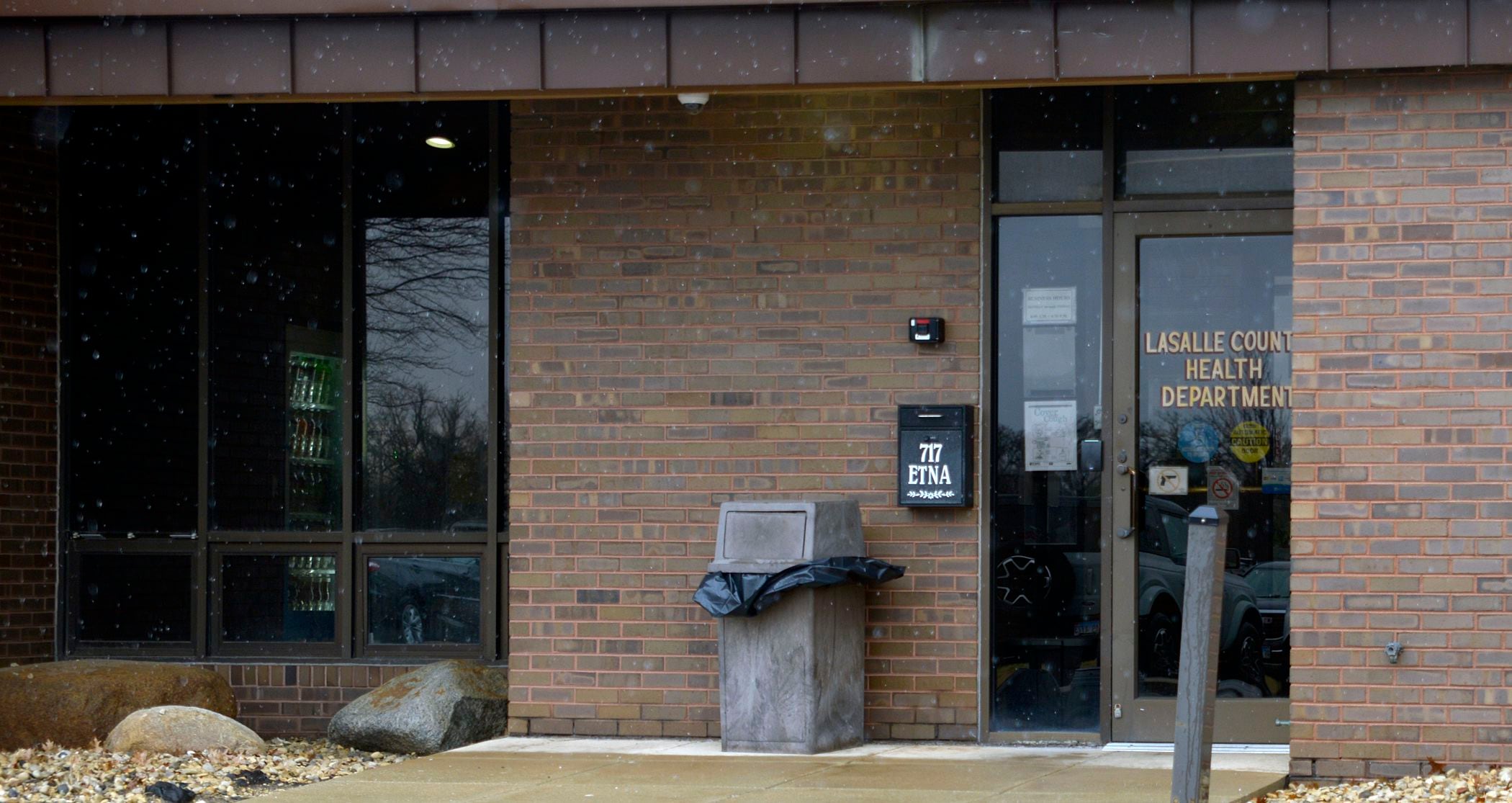DETROIT LAKES — With both the state and the federal government looking at potentially large budget cuts, this is a time of uncertainty for the Mahube-Otwa Community Action Partnership. “It’s too soon to know the budget answers,” said Mahube-Otwa Executive Director Liz Kuoppala. “We’re keeping a close eye both on Mahube programs and other things that we don’t provide services to.
” ADVERTISEMENT She urged people to get involved in the political process and communicate with their state and federal representatives. “We encourage people to share their concerns,” she said. “Nursing homes, housing, child care — everything is being looked at (for possible cuts).

Decisions are being made, and we encourage people to participate in that process.” So far, much of Mahube’s budget remains intact, and the agency has largely stepped up and filled the void in those cases where federal funding has been cut. One concern for Kuoppala — and she has only seen two small examples of it so far — is that there seems to be a shift away from funding rural areas.
“It may be a fluke,” she said. But in one case, “we had a HUD technical assistance director helping us and a church navigate how to help people experiencing homelessness,” Kuoppala said. The woman’s letter of termination from the U.
S. Department of Housing and Urban Development noted it was “because of your rural focus,” Kuoppala said. In the other case, the federal government cut Mahube’s contract for the Retired Senior Volunteer Program.
“They changed their funding formula,” Kuoppala said. “A lot of rural areas lost their funding.” That’s apparently because the federal cost-cutters now judge agencies on their cost per client, and with higher mileage costs and travel time and lower population density, the new funding formula doesn’t let rural agencies fairly compete with urban agencies, Kuoppala said.
Mahube will continue to offer its tax program and will continue to support its 800-some senior volunteers throughout the community, who help with everything from clearing trails at Tamarac National Wildlife Refuge to stocking shelves at food shelves, she said. ADVERTISEMENT The federal RSVP grant had allowed Mahube to pay mileage to its senior volunteers and pay the salary of the staff person in charge of the volunteers. That was defunded, she said.
But Mahube’s infrastructure is dependent on those volunteers, so the board of directors decided “we will keep that (senior volunteer coordinator) position, and continue to recruit volunteers,” Kuoppala said. “We’ve had (the federal RSVP contract) since 1996,” Kuoppala said. “We hope to get it back next year.
” That’s important because Mahube helps people from birth through their senior years. “We are responsive and address needs for finding housing and staying warm, help the unemployed and under-employed find meaningful work, help with health, wellness and family planning, help seniors live independently, help find child care and provide early childhood school readiness, help in times of crisis and emergencies, provide relationship-based coaching, and help one another give back to our communities,” the agency says on its website. Because there are so many ways its “whole family-whole community” approach can be affected by congressional decisions, Mahube is keeping a close eye on the ongoing House-Senate negotiations, Kuoppala said.
There are different ways to cut federal spending — one is just to pass bills that openly do that. Another is to change the policies in big programs like Medicaid or the Affordable Care Act. By making it more difficult for people to qualify for health care under either program, the government saves money.
That’s what’s happening in Congress now. “They’re trying to reconcile policy language to fix the budget,” she said. “They can change the budget by changing policy — raising the age of Social Security recipients, or lowering eligibility for Medicaid,” she said.
“The (Republicans in control of the) House and Senate in D.C. have agreed to cut the budget significantly.
” ADVERTISEMENT And that could be done just through policy changes in big programs like Medicare, Medicaid and the Supplemental Nutrition Assistance Program (SNAP, formerly called Food Stamps). “This would have a significant impact on our community,” Kuoppala said, pointing to lost revenue for ambulance services and hospitals, not to mention individuals who lose their health insurance. “Cost savings are great,” she added, “But not if they create disproportionate harm to our community.
” But so far, at least, Mahube has been largely able to dodge major budget cuts. The Headstart program saw staff cuts at the Midwest administrative level, in Chicago. “Most of those positions were cut — they may merge us with Kansas,” Kuoppala said.
“But we have our Headstart contract, we get our funds — every administration makes these kinds of changes. We just don’t know (what they’re doing). They might be using technology or merging with another department.
” The higher-level administrative changes may affect Mahube-Otwa at some point, she said. “We also don’t know what the long-term plan is — our programs are funded by Congress, and they have had strong bipartisan support over the decades.” Those programs support seniors, small businesses, landlords and grocery stores, and many other things, she said.
“We want them doing well. I hope our members of Congress realize how these programs help the local economy. An injured worker can feed his family until he gets back on his feet again.
” Kuoppala is also concerned about tariffs possibly causing higher prices for working people. “If costs go up significantly ..
. there are so many people living paycheck to paycheck, if costs for everything they need go up — that’s a problem,” she said. “But it may turn out to be nothing.
”.
Top

So far, so good for Mahube-Otwa funding

One concern — and there are only two small examples of it so far — is that there seems to be a shift away from funding rural areas and toward the bigger cities.











